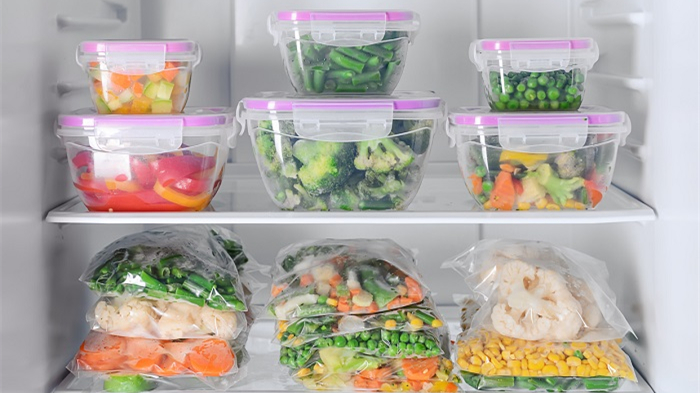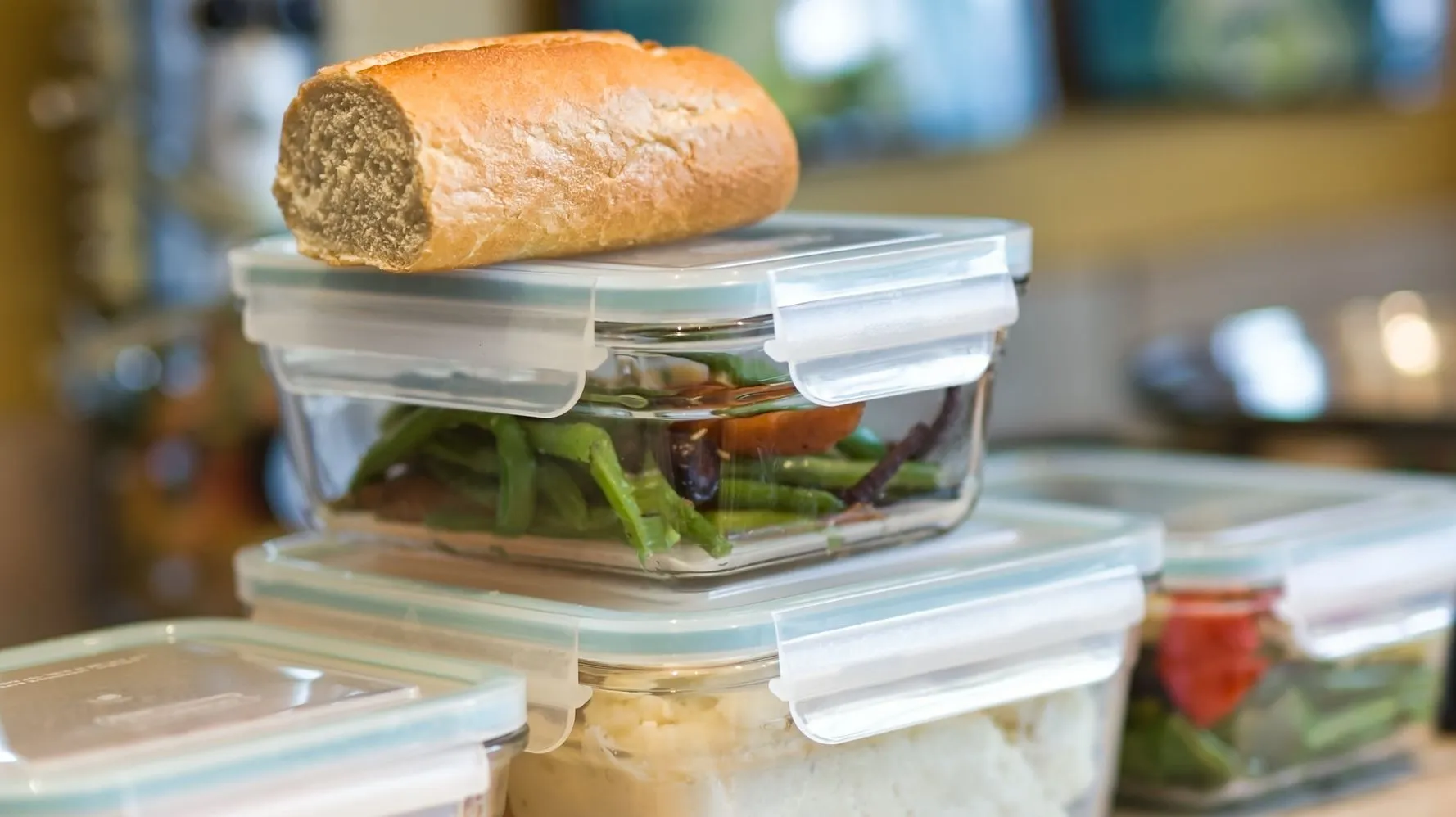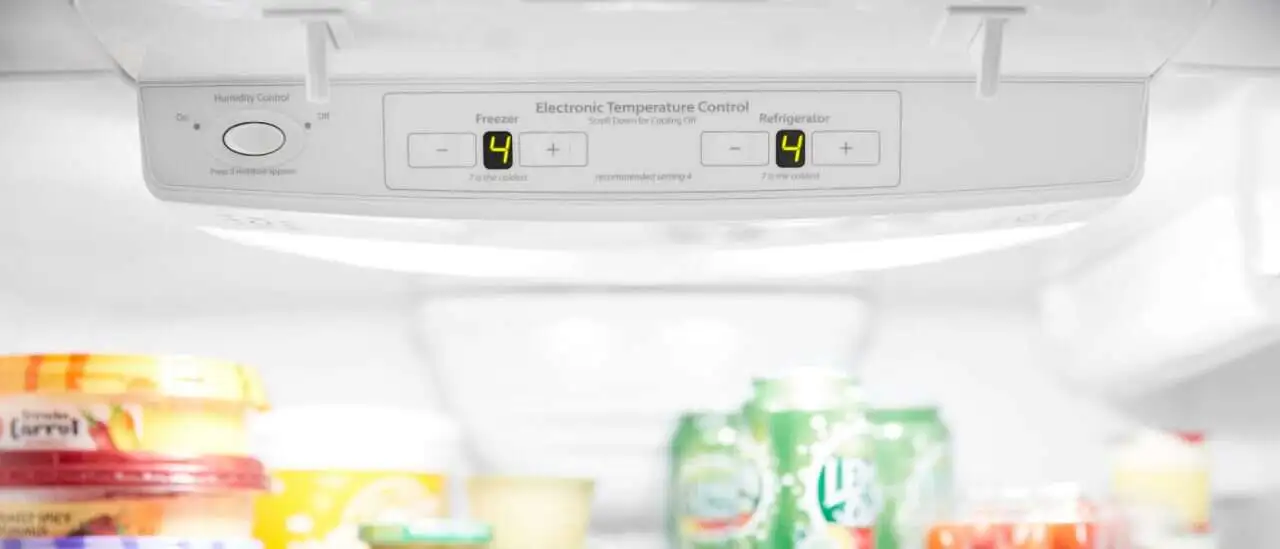3 Food Storage Mistakes You May Make with Your Refrigerator
Mistake 1: Food is not sealed in the refrigerator.
Many people may store food in the refrigerator at will instead of finishing the sealing treatment. Under this circumstance, food is highly perishable. On the one hand, there are rich nutrients in the food for bacteria to grow and multiply. And even bugs may occur in the rice and flour which are not sealed. On the other hand, these nutrients are sensitive and prone to deteriorate, affecting the taste of the food. Snacks, for instance, will absorb the moisture in the air and dampen if being opened without keeping under seal.
Therefore, it is recommended to separate raw and cooked foods and seal respectively to prevent cross-infection and avoid being tainted by other odors. Cooked food is best preserved in the food storage container. Like the leftover food, it can be stored in a container with a lid. Raw food can be sealed in a vacuum seal bag. And fruits and vegetables had better be separately kept because the ripe fruits will speed up the staleness of vegetables.

Mistake 2: Cool the food before refrigerating it.
It is also a misunderstanding that allows the food to cool before putting it into the fridge to reduce the electrical consumption. The temperature of the cooked food starts to lower from about 100℃, which is easy to breed bacteria. Bacteria begin to grow at 60℃ and multiply rapidly at 30-40℃. Hence, food will be vulnerable to spoiling if not preserved in the refrigerator timely. At this time, the potential for bacterial contamination is more noteworthy than the burden on the fridge.
In a word, the food needs to be sealed with plastic film or food containers and stored in the refrigerator as soon as possible to prevent the growth of bacteria and the spoilage of food.

Mistake 3: Turn the temperature of the fridge as low as possible.
In order to keep food fresh longer, many people think that a lower temperature is better. Actually, it needs to be adjusted according to the characteristics of food. For example, some tropical fruits, like bananas, pineapples and mangoes, are relatively sensitive to low temperatures, which are easy to be frostbitten and decay.
If your refrigerator can adjust the temperature, you had better store food in compliance with its suitable temperature and eat it quickly rather than leave it for too long.

Although the refrigerator has the advantage of prolonging the shelf life of food, it is not 100% foolproof for food storage. It just slows down the spoilage of food instead of completely preventing the growth of bacteria. Even if there are no bacteria occurring, the nutrients will lose and the quality and flavor of food will be poor after a period of time. Consequently, we ought to avoid making the above-mentioned mistakes. Don't store food in the refrigerator for too long, and organize and disinfect it regularly.
Many people may store food in the refrigerator at will instead of finishing the sealing treatment. Under this circumstance, food is highly perishable. On the one hand, there are rich nutrients in the food for bacteria to grow and multiply. And even bugs may occur in the rice and flour which are not sealed. On the other hand, these nutrients are sensitive and prone to deteriorate, affecting the taste of the food. Snacks, for instance, will absorb the moisture in the air and dampen if being opened without keeping under seal.
Therefore, it is recommended to separate raw and cooked foods and seal respectively to prevent cross-infection and avoid being tainted by other odors. Cooked food is best preserved in the food storage container. Like the leftover food, it can be stored in a container with a lid. Raw food can be sealed in a vacuum seal bag. And fruits and vegetables had better be separately kept because the ripe fruits will speed up the staleness of vegetables.

Mistake 2: Cool the food before refrigerating it.
It is also a misunderstanding that allows the food to cool before putting it into the fridge to reduce the electrical consumption. The temperature of the cooked food starts to lower from about 100℃, which is easy to breed bacteria. Bacteria begin to grow at 60℃ and multiply rapidly at 30-40℃. Hence, food will be vulnerable to spoiling if not preserved in the refrigerator timely. At this time, the potential for bacterial contamination is more noteworthy than the burden on the fridge.
In a word, the food needs to be sealed with plastic film or food containers and stored in the refrigerator as soon as possible to prevent the growth of bacteria and the spoilage of food.

Mistake 3: Turn the temperature of the fridge as low as possible.
In order to keep food fresh longer, many people think that a lower temperature is better. Actually, it needs to be adjusted according to the characteristics of food. For example, some tropical fruits, like bananas, pineapples and mangoes, are relatively sensitive to low temperatures, which are easy to be frostbitten and decay.
If your refrigerator can adjust the temperature, you had better store food in compliance with its suitable temperature and eat it quickly rather than leave it for too long.

Although the refrigerator has the advantage of prolonging the shelf life of food, it is not 100% foolproof for food storage. It just slows down the spoilage of food instead of completely preventing the growth of bacteria. Even if there are no bacteria occurring, the nutrients will lose and the quality and flavor of food will be poor after a period of time. Consequently, we ought to avoid making the above-mentioned mistakes. Don't store food in the refrigerator for too long, and organize and disinfect it regularly.
Next: Simple Sous Vide Recipes for Beginners
Previous: A Practical Guide to Meal Prep
